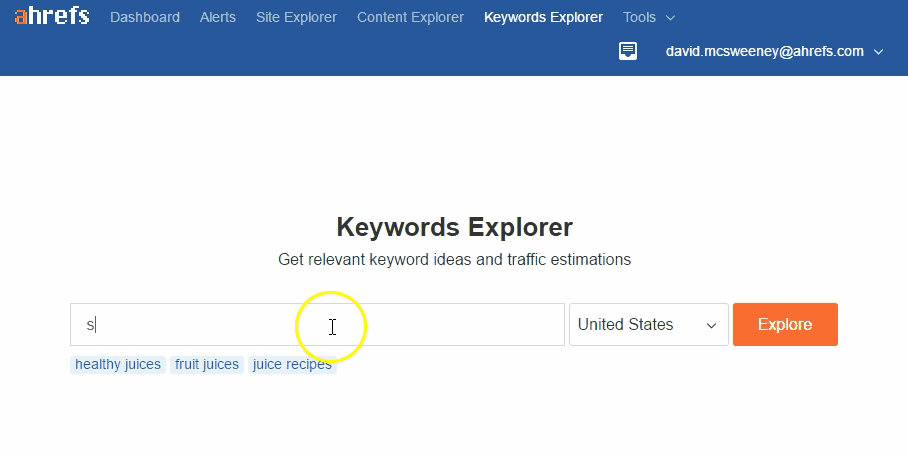 A game-changer is about to hit the social marketing world. Well-known blogs are claiming that beacons are going to be a revolutionary way for customers to search. In fact, Search Engine Watch is even calling 2020 “The Year of the Beacon.” They are predicting this is going to be a major change in searching function and capability, so it is definitely important for us to start talking about how this might impact SEO strategy. It got me thinking: Are beacons going to be as influential as they sound?
A game-changer is about to hit the social marketing world. Well-known blogs are claiming that beacons are going to be a revolutionary way for customers to search. In fact, Search Engine Watch is even calling 2020 “The Year of the Beacon.” They are predicting this is going to be a major change in searching function and capability, so it is definitely important for us to start talking about how this might impact SEO strategy. It got me thinking: Are beacons going to be as influential as they sound?
What are Beacons? Before we start talking about how Beacons are going to change SEO in the coming years, we might want to address what they are and how they work. Beacons are small, Bluetooth-enabled hardware devices that are installed in physical locations. Beacons can be used by any brand, business, or institution to set up notifications for those who “op in” and want to be alerted by that institution directly on their phone (via Bluetooth).
What do beacons cost? Beacons are low-cost and can be purchased for as low as $30, which is really great for businesses looking to implement them into their marketing strategy. They are also small and can easily fit on a counter/desk or can be mounted on a wall.
Where can Beacons be used? The possibilities of where Beacons can be used are endless, but some examples include retail stores, airports, events, restaurants, festivals, and even entire cities. The sky is the limit with purpose and location, but the important aspect is that they are tied to a physical locale. They silently broadcast a message to any Bluetooth-enabled devices in their proximity. One of our past articles said it perfectly when they claimed that Beacons are like “a lighthouse with text.”
How might a business use a Beacon? Let’s take, for example, a store that is having a sale. If a customer with a Bluetooth enabled device were to walk past the store, they could receive a notification about the promotion with the details. This is kind of like an advertisement that directly pops up on the consumer’s phone. This sounds like a pretty great way to gain access to passers-by or market to customers in your immediate location, right? Well, the truth is that there are some obstacles that need to be overcome before this takes off, but more on that later.
Source – https://www.searchenginejournal.com/beacons-coming-fit-seo-strategy/166740/



 1. Forgetting About Your Audience in Keyword Research
1. Forgetting About Your Audience in Keyword Research

 This is going to be an exciting year for MozBar. I’m happy to announce that we’ve got something new that will help you save a ton of time tuning your on-page
This is going to be an exciting year for MozBar. I’m happy to announce that we’ve got something new that will help you save a ton of time tuning your on-page 
 When choosing keywords to target on your website, which factors do you consider?
When choosing keywords to target on your website, which factors do you consider?